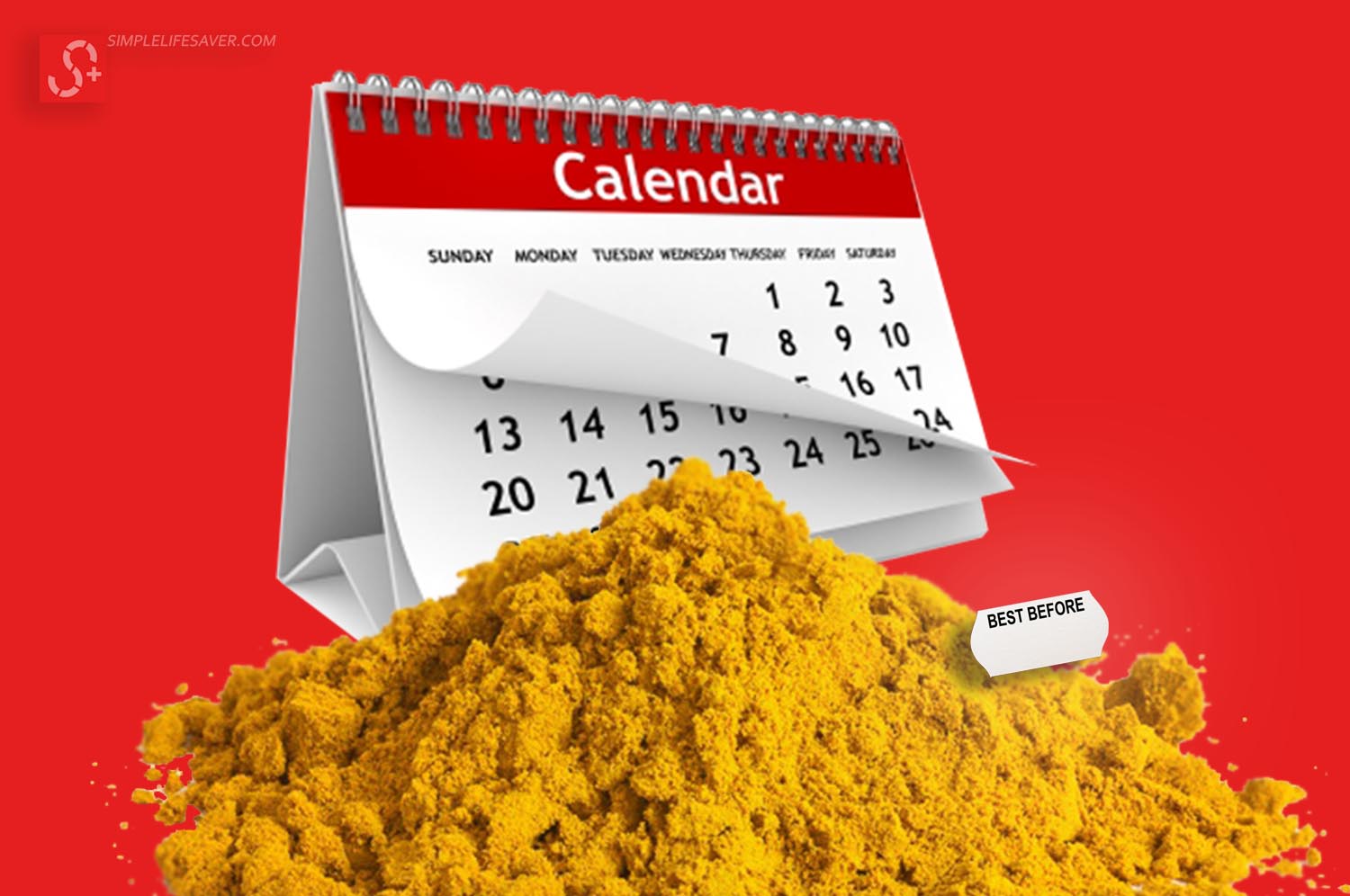Does Curry Have An Expiration Date?
As any foodie, chef, sous-chef, faux-chef, or enthusiast knows, any category of spice has its shelf life.
Curry powder is no different.
How long can curry keep at room temperature?
It can stay at its finest quality for three to four years. That represents its expiration period.
In fact, to expand its life span and maintain the taste and staying power, you would do best to buy the powder in bulk and then store it in tightly-sealed containers.
As a form of spice used in dishes in Western countries and inspired by cuisine in southeast Asia, curry powder is fast becoming popular to season meat marinades, the meat itself, sauces, soups, stews, and vegetables.
Cordon-bleu chefs and amateur cooks are finding all kinds of ways to repurpose curry for such concoctions as burgers, eggs, and potato salad.
All the more reason to keep your curry powder from going stale and wet! More delectable curry or curry paste dishes!
What Is Curry Powder Made Out Of?
Curry powder is made of a series of ground spices. They vary with each dish or meal, but the spices tend to include cardamom, cayenne chili powder, cinnamon, coriander, cumin, fenugreek, garam masala, and turmeric.
The powder itself is used to make a variety of traditional Western dishes influenced by the cuisine of India, like lamb or chicken curry, soups, or rubs for grilled meat.
However, the dishes are not actually Indian because Indian cuisine does not use curry powder but its own set of spices.
Instead, Indian curries are not powders but sauces or meals in themselves composed of fish, meat, vegetables, and other ingredients.
What Is Curry Paste?
Curry paste is a natural paste made of curry for dishes in Thailand. It is popular among Thai chefs.
The paste can be made of dried red chilies and a mix of Thai spices, including galangal or Thai ginger, garlic, kaffir lime peel, lemongrass, pepper, salt, shallot, and shrimp paste.
The mixture tends to be used in curries, marinades, rice dishes, soups, and stir-fries.
How Do Curry Paste and Curry Powder Differ?
Curry paste and curry powder are different, firstly, because one refers to its consistency, and the other is known as a mix of spices.
The paste is wet because it is composed of ingredients like chilies, lime, galangal, or Thai ginger. The powder is made of different spices.
Secondly, the paste and the powder originate from two different cultures and cuisines.
Curry paste is used in Thai cooking, while the powder is used in Indian-style dishes made in the United States and Europe.
Curry powder does not reflect authentic Indian cuisine because Indian chefs use other spices.
The intensity of heat presents another difference. Curry paste is made with green, yellow, or red chilies, which tend to be comparatively hot.
The yellow chili is the mildest, the red is second, and the green is the most fiery of the chilies.
By comparison, curry powders are meant to be mild, except for Madras curry powder, which tends to be hotter than most other forms.
Finally, curry paste is not as accessible as curry powder. To find exceptional curry paste, you would need to visit an Asian grocery store. By contrast, you can find curry powder at most grocery stores.
How Long Does Curry Paste Last?
After you have opened a container of curry paste, you can use part of it and freeze the rest for up to three months.
The sodium content per serving size of two teaspoons or 10 grams of curry paste is 570 milligrams, which may help in preserving its shelf life.
Curry paste will also keep for months to a few years if you store it in a glass jar and not a plastic container.
Then you leave the jar untampered in a cool, dark place with very low humidity.
That place could be your pantry or cabinet or the refrigerator for the next two weeks.
Is It Safe To Eat Expired Curry Paste?
There is no easy answer to this question. The level of safety and security to eat curry paste past its shelf life would depend entirely on how it is stored, its quality, and its condition.
Curry paste that has not been opened and is stored in your pantry or cabinet is safer and higher quality past its shelf life than paste that has been opened and placed in the refrigerator.
However, regardless of how you stored it, you ought to watch for any signs that the paste and its container were breached.
This means you should detect broken seals, a division between oil and solids, and moldy growth and smells.
If you find any of these telltale signs of rot in your curry paste, it is way past time to just toss it out.
On the other hand, if you don’t see any of these signs and the paste has not been opened yet, you may go ahead and use it.
Still, give it a taste test first before sprinkling it on your meal. The curry paste may have lost its flavor and staying power over a period of time.
Final Thoughts
Whether you are referring to curry powder or curry paste, you need not look to their expiration dates to determine if they are still suitable for use.
All you need to know are the number of weeks, months and years curry powder and paste last.








